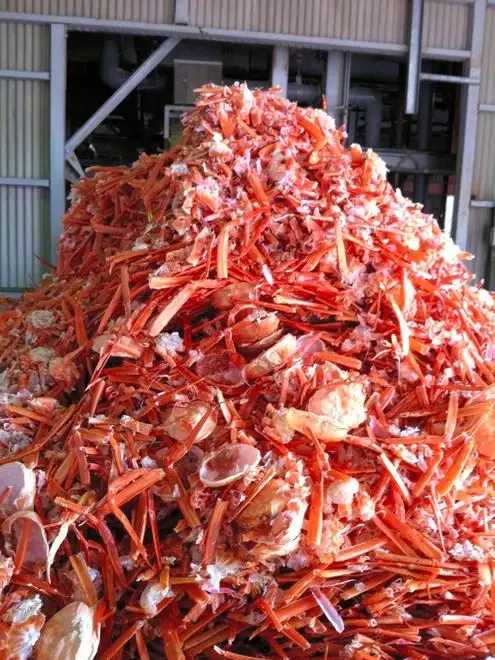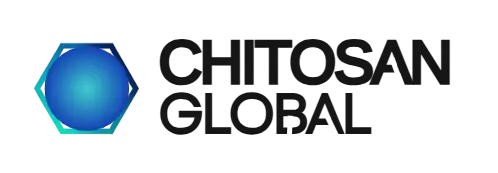
- Allergen Risks
- Shellfish allergens are a major concern for many individuals. Chitosan derived from shellfish waste can retain trace proteins that may trigger severe allergic reactions in sensitive individuals. Even with advanced purification processes, it’s difficult to completely eliminate allergenic proteins.
- Heavy Metal Contamination
- Shellfish often inhabit polluted waters and can accumulate heavy metals such as mercury, lead, and cadmium in their shells. Chitosan made from shellfish waste may carry these toxic substances, posing a health risk to consumers.
- Ethical and Environmental Concerns
- Using shellfish waste promotes practices like overfishing and unsustainable shellfish farming, which harm marine ecosystems. An alternative, such as chitosanoligosaccharide derived from plant-based or microbial sources, offers a more sustainable and eco-friendly option.
- Impurities and Inconsistent Quality
- Shellfish waste can contain a mix of unwanted organic materials like sand, bacteria, and other marine byproducts, leading to inconsistent chitosan quality. These impurities can diminish the supplement’s efficacy and safety, especially for medical-grade applications.
- Vegan and Religious Restrictions
- Many people, including vegans, vegetarians, and those following specific religious dietary restrictions, avoid products derived from animals or shellfish. Offering plant-based or synthetic alternatives ensures inclusivity and aligns with broader consumer demand for clean-label and ethical products.
By sourcing chitosan from non-shellfish origins for dietary supplements intended for humans, manufacturers can ensure their products are safer, more sustainable, and accessible to a wider audience while avoiding the pitfalls associated with shellfish waste. Try a sample of our Pure Chitosan 100 Grams to begin formulating your dietary supplements today!
